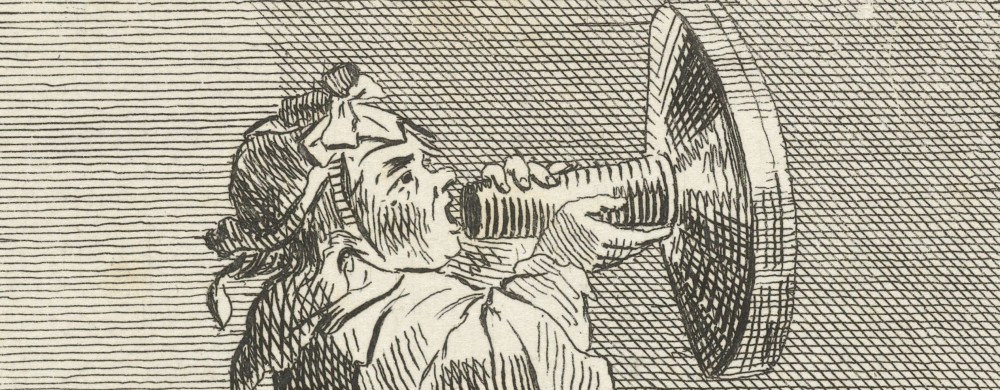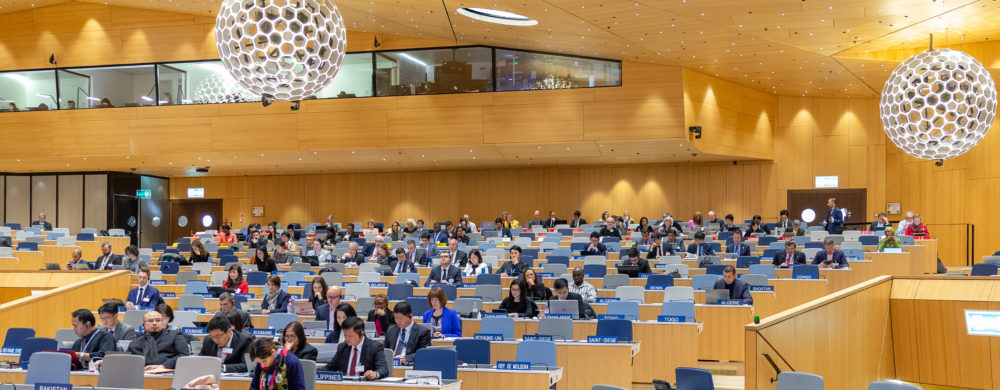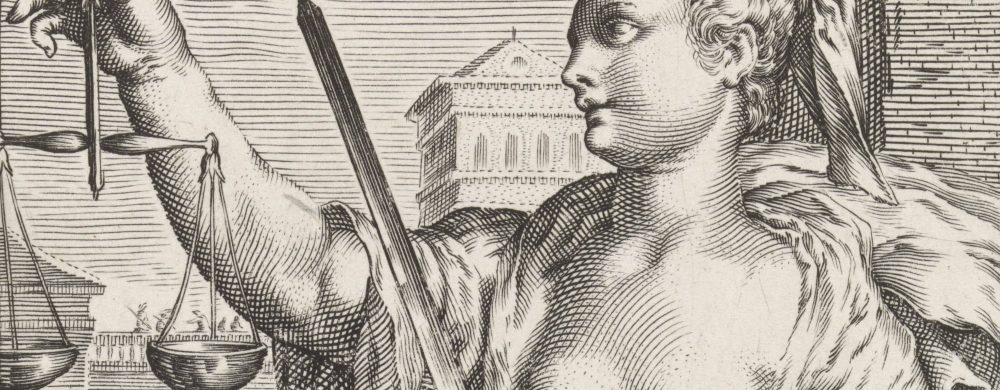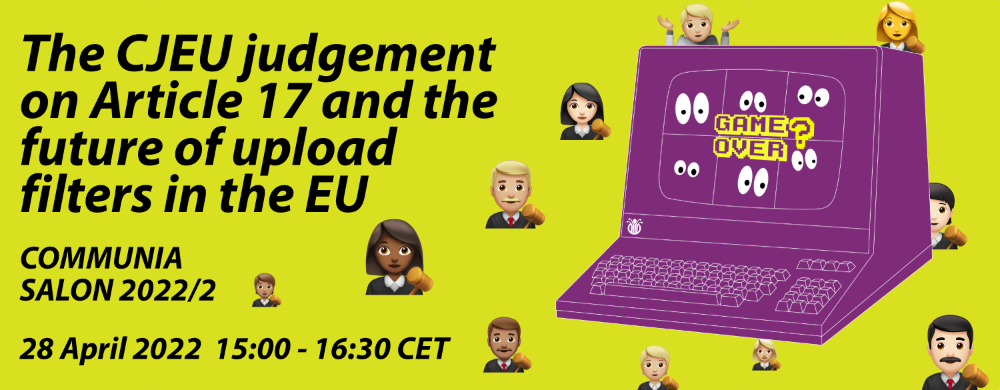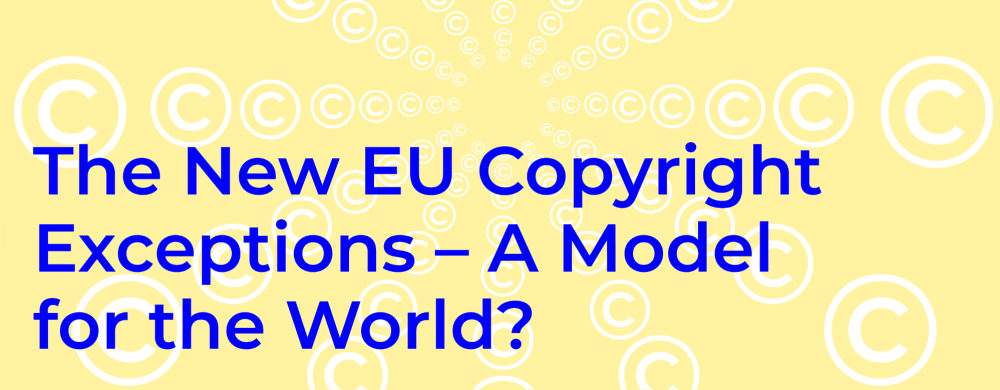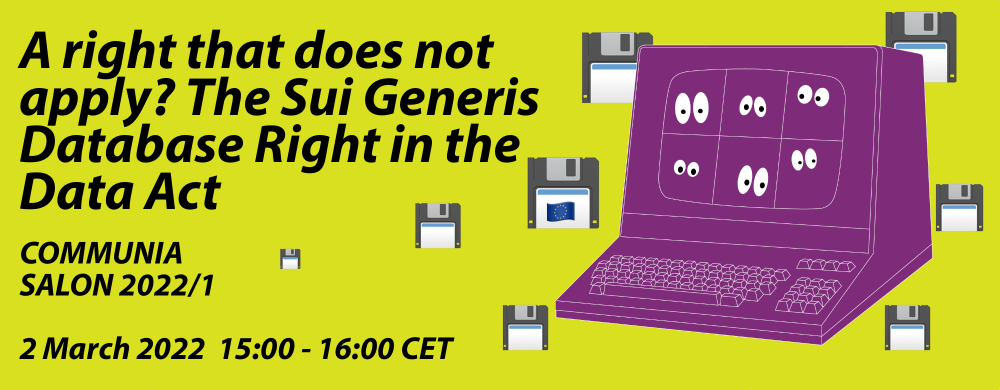We are attending the 42nd session of the WIPO Standing Committee on Copyright and Related Rights (SCCR) in Geneva. Today, the Committee is discussing the issue of limitations and exceptions for educational and research institutions and for persons with other disabilities (Agenda Item 8) and the following statement was delivered on behalf of COMMUNIA:
Dear Delegates,
It will not be easy to convince your families, friends, neighbours that policymakers from across the world should spend time discussing how to improve copyright exceptions.
There is absolutely no doubt that the restrictions copyright laws pose on access to knowledge and information condition the right to education and the right to research, and that educational and research exceptions would benefit society as a whole. That is what will determine whether teachers can show a short news report during live-streamed online classes, whether researchers can conduct medical research or track desinformation online.
Yet, the fact that copyright laws are hard to understand will be an obstacle to reforming copyright laws at national level. Therefore, when Global North delegations claim that each one of you can go back to your countries and introduce exceptions that work for education and research in the 21st Century, we say: that is easier said than done.
Indeed, if you look at the national exceptions for education and research in the European Union, before the recent EU-wide copyright reform, you will see that not even the EU Member States were investing time in solving these issues if they had not been forced to do so through a binding regional instrument.
It should also be said that the fact that copyright exceptions are now outdated only in the Global South does not make this issue less problematic for the Global North. Institutions in Europe and North America engage in cross-border education and research activities outside of their regions on a regular basis. Think about EU distance education programmes attended by students located in Latin America or international research programmes involving North American and Asian researchers. It is clear that the lack of the same minimum set of rights across the world prevents these cross-border activities from taking place, affecting both the North and the South.
We understand that this Committee is not ready to make a decision on how to positively affect copyright frameworks to actually protect the right to education and research. At the same time, this Committee has been discussing this agenda item for nearly 15 years.
We believe that it is fair to say that the work undertaken by the Committee so far has not had much impact on the copyright provisions that frame how educators and researchers can have access to knowledge and information. The African Group proposal could change the course of action to make the work of the Committee more useful. We, thus, urge this Committee to use its best efforts to reach an agreement on how to move forward towards more positive and impactful outcomes.
Thank you.

